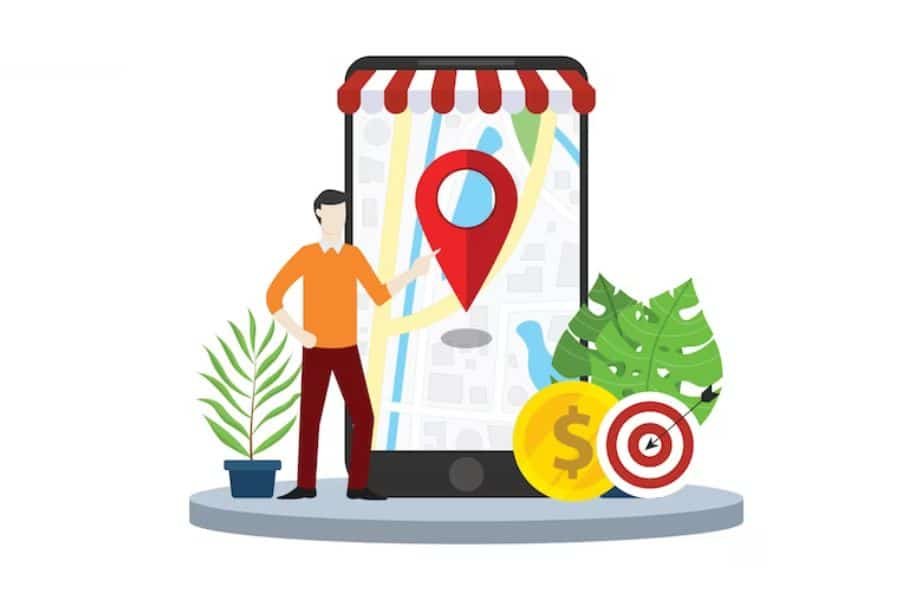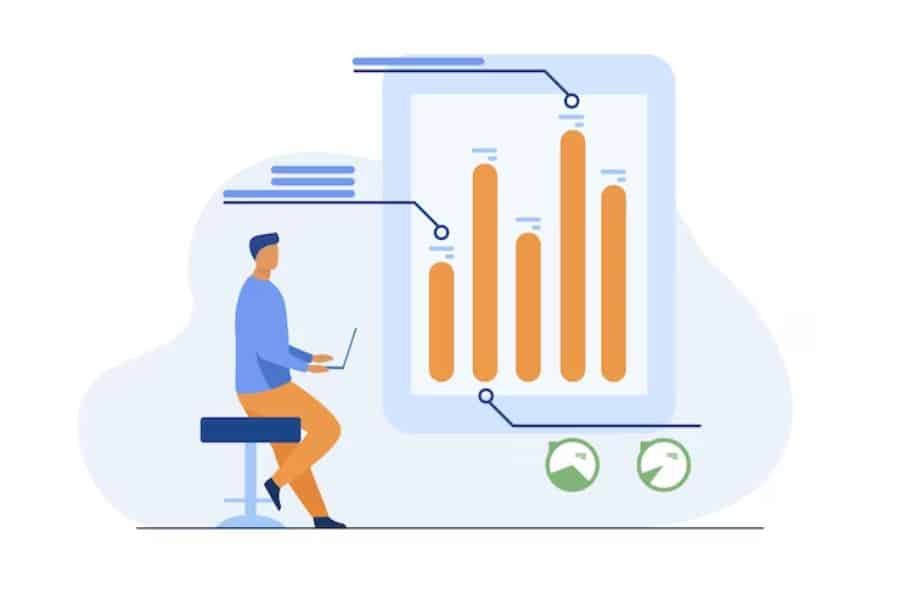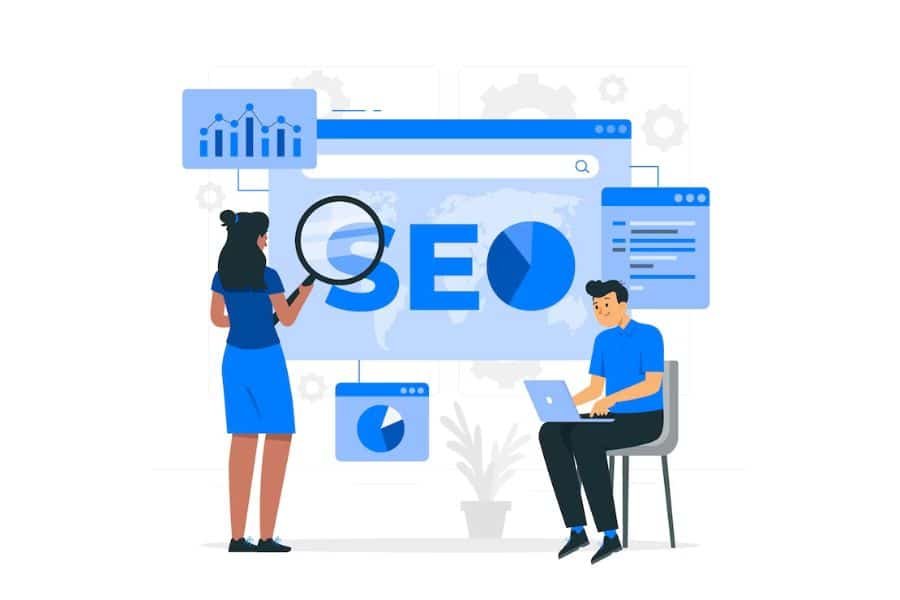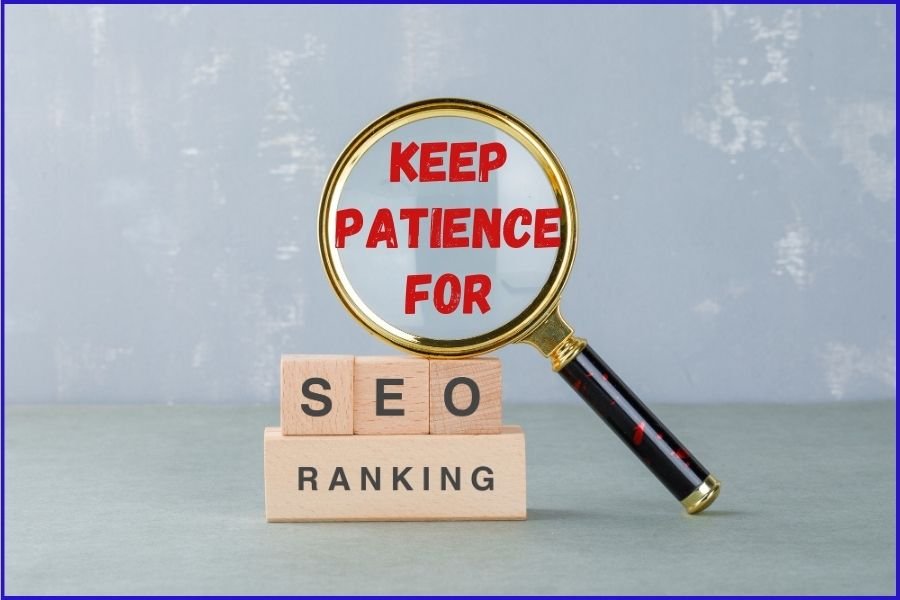Local SEO: How to Dominate Your Local Market Online
Introduction
In today’s digital age, local businesses face stiff competition not just from neighbouring stores but also from the vast online marketplace. To thrive in this competitive landscape, it’s crucial for local businesses to have a strong online presence. This is where Local Search Engine Optimization (SEO) comes into play. Local SEO is the key to dominating your local market online, and in this comprehensive guide, we’ll explore what it is, why it’s essential, and how you can leverage it to outperform your competitors.
What is Local SEO?
Local SEO is a digital marketing strategy that focuses on optimizing a business’s online presence to attract local customers. It involves a series of techniques and practices designed to improve a business’s visibility in local search results, making it easier for potential customers to find and choose your business when they’re looking for products or services in your area.
It is continually evolving, and staying updated with the latest trends and algorithm changes is crucial. Voice search, AI-driven personalized results, and user experience are some areas that are expected to play a more significant role in Local SEO in the coming years. Businesses that adapt to these changes will maintain a competitive edge.
Why is Local SEO Important?
Local SEO is essential for businesses of all sizes, from small local shops to large enterprises, for several compelling reasons.
- Improved Visibility: The primary goal of any SEO strategy is to increase visibility in search engine results pages (SERPs). Local SEO specifically targets local customers searching for products or services in their vicinity. When done effectively, local SEO can push a business to the top of local search results, ensuring that it’s the first choice for potential customers. This visibility boost can lead to more website traffic, foot traffic to physical stores, and increased brand recognition.
- Targeted Audience: Local SEO allows businesses to reach their most relevant and valuable audience – people in their immediate area who are actively looking for their offerings. This targeting is especially beneficial for brick-and-mortar businesses that rely on local foot traffic or service providers operating in a specific geographic region. By reaching the right audience, businesses can significantly increase their conversion rates and ROI.
- Competitive Advantage: Most consumers conduct online research before making purchasing decisions, and this includes searching for local businesses. By investing in local SEO, a business can gain an edge over competitors who are neglecting this aspect of digital marketing. Ranking higher than competitors in local search results can make a significant difference in attracting customers and increasing market share.
- Mobile-Friendly Focus: With the proliferation of smartphones, local searches have become more prevalent. People often use their mobile devices to find nearby businesses, read reviews, and make immediate decisions. Local SEO ensures that a business’s online presence is optimized for mobile devices, ensuring a seamless user experience. This mobile-friendliness is vital for attracting customers on the go.
- Trust and Credibility: Local SEO helps establish trust and credibility in the eyes of consumers. When a business appears in the top positions of local search results and has positive reviews, it signals to potential customers that the business is reputable and reliable. This trust can be a powerful motivator for customers to choose one business over another.
- Cost-Effective Marketing: Compared to traditional advertising methods like print ads or direct mail, local SEO is a cost-effective marketing strategy. It allows businesses to target their marketing efforts precisely, reducing wasted resources on audiences that are unlikely to convert. Additionally, the results of local SEO are measurable, allowing businesses to adjust their strategies based on performance data.
- Reviews and Reputation Management: Local SEO encourages the collection and management of online reviews. Positive reviews can boost a business’s reputation and influence potential customers’ decisions. Conversely, negative reviews can be addressed promptly to mitigate any damage to the business’s image. Local SEO provides tools and strategies for businesses to proactively manage their online reputation.
- Integration with Google My Business: Google My Business (GMB) is a crucial component of local SEO. Claiming and optimizing a GMB listing ensures that a business appears in Google Maps and local search results, providing essential information like business hours, contact details, and customer reviews. GMB also allows businesses to post updates, events, and promotions, enhancing their online presence.
- Long-Term Strategy: Local SEO is not a short-term fix; it’s a long-term investment. Once a business establishes a strong local online presence, it can continue to reap the benefits for years to come. Regular updates and maintenance ensure that the business remains competitive and relevant in local search results.
Dominating Your Local Market Online
 Optimize Your Google My Business (GMB) Listing
Optimize Your Google My Business (GMB) Listing
Your Google My Business listing is the cornerstone of your local SEO efforts. Ensure your GMB listing is complete and up-to-date by providing accurate business information, including your address, phone number, website, and hours of operation. Your Google My Business profile is the cornerstone of your Local SEO efforts. It’s a free tool provided by Google that allows you to manage how your business appears in Google Search and Maps. To optimize your GMB listing:
- Ensure your business information is accurate and up-to-date.
- Add high-quality photos of your business, products, and services.
- Encourage customer reviews and respond to them promptly.
- Use relevant keywords in your business description.
Keyword Research
Keyword research is a fundamental aspect of SEO. Identify the keywords and phrases your potential customers use when searching for products or services in your local area. Tools like Google Keyword Planner and Ubersuggest can help you discover relevant keywords with search volume data. To identify local keywords:
- Use tools like Google Keyword Planner, Ahrefs, or SEMrush to find relevant keywords.
- Focus on long-tail keywords that include your city or region.
- Analyze your competitors’ keywords and strategies.
- Consider user intent when choosing keywords.
On-Page Optimization
Optimize your website’s on-page elements for local SEO:
Title Tags and Meta Descriptions: Include local keywords in your title tags and meta descriptions to increase click-through rates.
Header Tags: Use header tags (H1, H2, H3, etc.) to structure your content and include local keywords where appropriate.
Content: Create high-quality, informative, and engaging content that addresses local needs and interests. This can include blog posts, FAQs, and customer testimonials.
Local Link Building
Building high-quality local backlinks is crucial for local SEO. Seek opportunities to collaborate with other local businesses, participate in local events, or sponsor local organizations. To build local links:
- Create shareable, informative content that local websites would want to link to.
- Reach out to local bloggers and influencers.
- Sponsor local events or charities and ask for mentions on their websites.
- Join local business associations and chambers of commerce.
Mobile Optimization
Ensure your website is mobile-friendly, as a significant portion of local searches occurs on mobile devices. Google also prioritizes mobile-friendly websites in local search results.
NAP Citations
NAP stands for Name, Address, and Phone number. Consistency in your NAP citations across the web is vital. Ensure your business information is consistent on your website, social media profiles, and local directories. Inaccurate or inconsistent information can harm your local SEO efforts.
Online Reviews
Encourage satisfied customers to leave reviews on platforms like Google, Yelp, and Facebook. Respond to all reviews, both positive and negative, to show your commitment to customer satisfaction. Positive reviews can improve your visibility and reputation, while addressing negative reviews demonstrates your dedication to resolving issues. Positive reviews and high ratings can significantly impact your Local SEO ranking. Encourage satisfied customers to leave reviews on your GMB profile and other relevant platforms. Respond to reviews, both positive and negative, to show your commitment to customer satisfaction. Address negative feedback professionally and strive to resolve issues to the customer’s satisfaction. This demonstrates your dedication to customer service.
Schema Markup
Implement schema markup on your website to provide search engines with structured data about your business. It is a type of code that you can add to your website to provide search engines with more information about your business. This can result in rich snippets in search results, which can make your listing stand out. This can enhance your appearance in search results, including rich snippets like star ratings and business information. Schema Markup can be of different types like-
- Local Business: Provides general information about your business.
- Product and Service: Details about specific products or services you offer.
- Reviews: Displays aggregate review ratings and individual reviews in search results.
- Events: Information about upcoming events or promotions.
- FAQs: Answers to frequently asked questions.
Local Content Marketing
Create content that speaks to your local audience. Once you have a list of local keywords, create content that aligns with them. This could include blog posts, landing pages, or location-specific service pages. Content should be informative, engaging, and valuable to your local audience. This could include articles about local events, guides to your city, or stories about your business’s involvement in the community. Such content not only engages your audience but also boosts your local relevance.
Monitor and Analyze
Regularly monitor your local SEO performance using tools like Google Analytics and Google Search Console. Track your keyword rankings, website traffic, and conversion rates. Analyze this data to identify areas for improvement and adjust your strategy accordingly. Based on your analytics data, adjust your Local SEO strategy as needed. Identify which keywords and tactics are driving the most traffic and conversions, and allocate more resources to those areas.
Pay-Per-Click Advertising (PPC)
Supplement your organic efforts with local PPC advertising. Google Ads allows you to target specific geographic areas and demographics, ensuring that your business appears in prominent positions in search results.
Conclusion
Local SEO is a powerful strategy that can help your business dominate your local market online. By optimizing your Google My Business listing, conducting keyword research, implementing on-page SEO, and following best practices for local link building, you can increase your online visibility and attract more local customers.
Additionally, mobile optimization, NAP citations, online reviews, schema markup, and local content marketing all contribute to a strong local SEO strategy. Remember to monitor your performance and adapt your approach as needed to stay ahead of the competition.
In today’s digital landscape, local SEO is not optional—it’s a necessity. When done correctly, it can help you connect with your target audience, build trust and credibility, and ultimately drive more business to your doorstep. As a leading digital marketing agency, RK Media is here to help you navigate the complex world of local SEO and ensure your business thrives in the digital age. Don’t miss out on the opportunity to dominate your local market online and drive business growth through strategic local SEO practices.
Image Reference : freepik & pixabay
Disclaimer: All trademarks, logos, and brand names are the property of their respective owners. All company, product, and service names used in this website are for identification purposes only. Use of these names, trademarks, and brands does not imply endorsement.

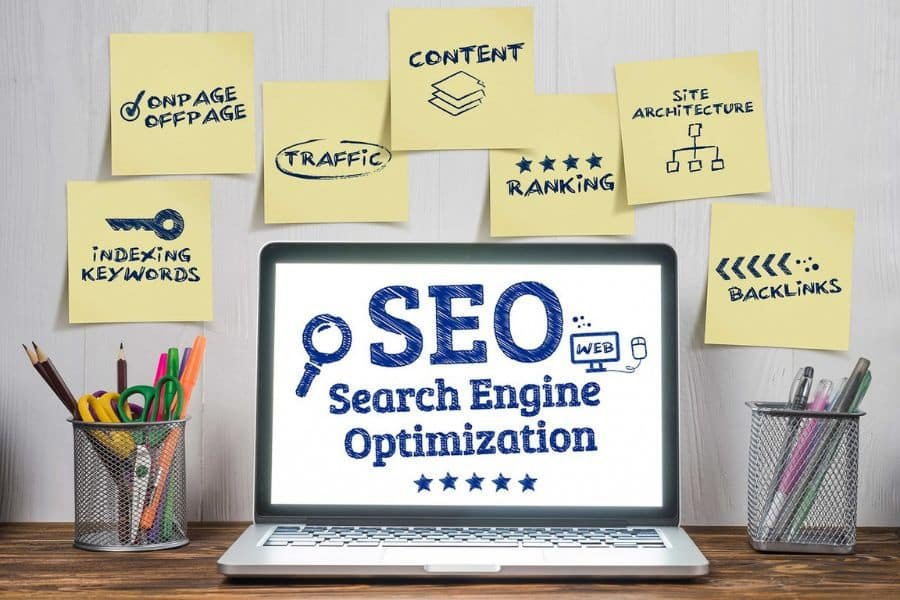



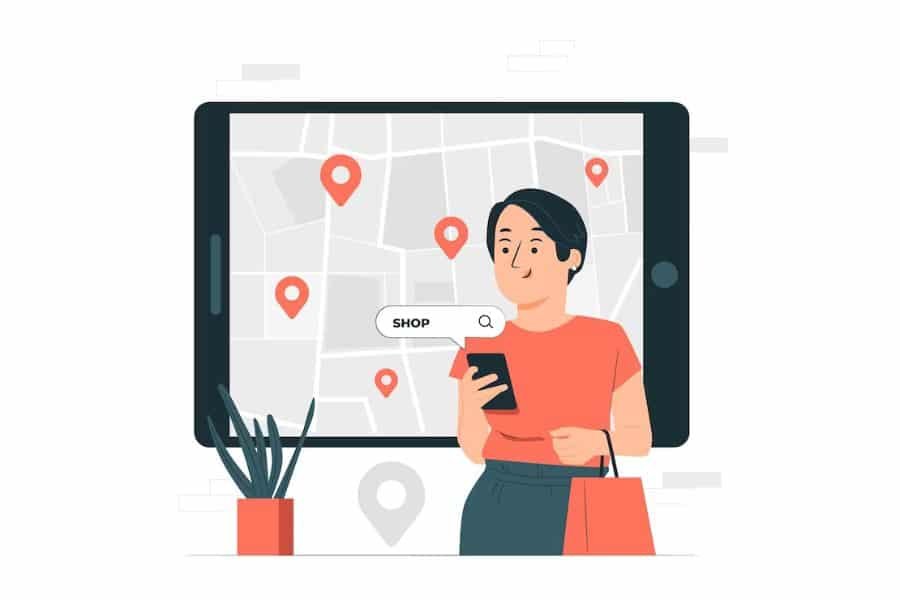 Optimize Your Google My Business (GMB) Listing
Optimize Your Google My Business (GMB) Listing